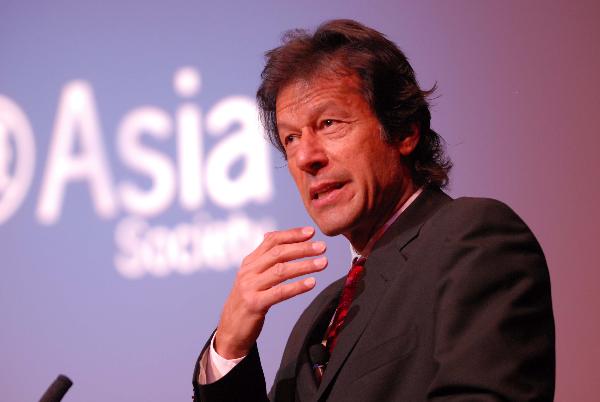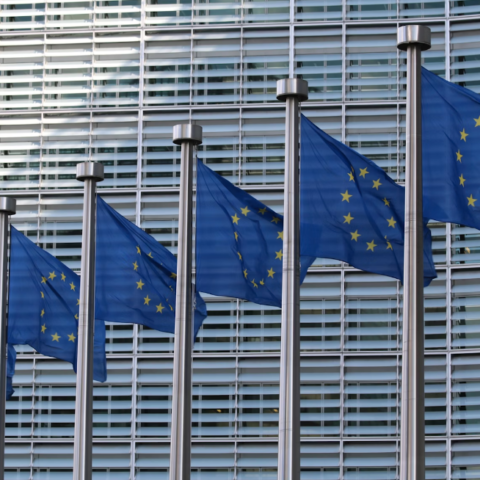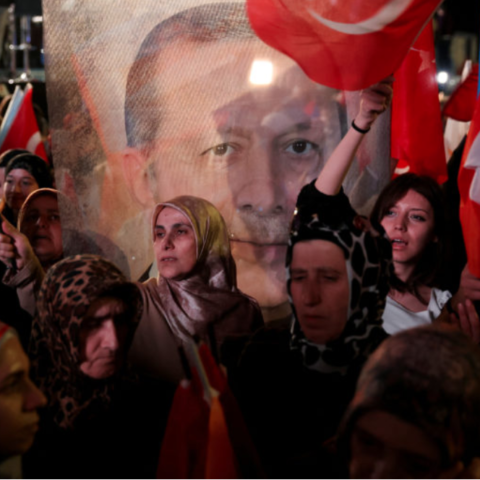By: Shornima KC

Cricketer turned politician Imran Khan set off last month from Lahore with a convoy to Islamabad, to protest the current government of Pakistani Prime Minister Nawaz Sharif. Khan charges Sharif with election fraud in the 2013 Pakistani General Elections, and he is now demanding a re-election.
Tahirul Qadir, a popular cleric, has allied with Khan and joined the protest, but his demands are different. Qadir wants the current government to step down and establish an interim government with new players. His dissatisfaction stems from the ailing economy, the growing power of the military, and the failure of the government to deliver basic social services. On the other hand, the focus of Khan’s protest is foul elections. Qadir also demands that the chief minister of Punjab, Sharif’s brother, step down after about 100 of his protestors were killed in Punjab under, Qadir says, the orders of the chief minister.
The current protests attracted fewer people than initially expected, but that hasn’t deterred Khan. He claims that he is not leaving until Sharif steps down. Despite Khan’s insistence that the protests are peaceful, on August 30th, some 25, 000 protestors tried to storm the Prime Minister’s residence, prompting a confrontation that led to the deaths of 3 civilians.
Khan ran with his Pakistan Tareekh-e-Insaaf party that won 33 seats in parliament, while Sharif’s Pakistan Muslim League (N) garnered 190 of the 342 seats in parliament. Tareekh-e-Insaaf gathered 7 million votes in the 2008 elections, coming in third after Sharif and Ameen Faheem of the Pakistan People’s Party.
The 2008 general elections in Pakistan were not neat and tidy. The Free and Fair Elections Network says that in 25 percent of the constituency, more votes were present in the ballots than the number of registered voters. Additionally, when Karachi, the largest city in Pakistan, showed failure of free and fair polls, the chief election commissioner immediately moved to conceal it. The elections commission confirmed that they did not even have the record of 139 constituencies in Pakistan, which amounts to be over the margin by which Sharif’s party won the elections. Sharif agreed to a recount of the votes, but given the evidence of ballot stuffing a recount simply is not acceptable to Khan.
The possibility of military involvement aggravates this sensitive situation. Sharif asked the military to step in and help mediate in late August. However Sharif and the military currently have their own squabbles. Sharif wants to improve Indo-Pakistani relations by moving away from fighting and toward stronger economic ties between the two countries. The military, on the other hand, is facing renewed border skirmishes with India, with some reported civilian deaths on both sides. Besides their failure to see eye-to-eye on the issue of India, Sharif’s government is trying former military general and dictator of Pakistan, Parvez Musharaaf, on high treason charges. Moreover, Sharif openly supported statements from Geo Network accusing the military of trying to kill one of their journalists.
The potential involvement of the military is an unnerving prospect for many, including Sharif who was ousted by the military in a coup in 1999. The military in Pakistan has a long history of manipulating politics or grabbing power, which makes their involvement particularly distasteful.
Further complicating matters is the Pakistani branch of the Taliban. Though the head of one of the branches of Taliban and the head of the Punjabi Taliban have said they are giving up armed struggle for now, the western borders of Pakistan have not seen violence decrease. In the southwest region of Pakistan, an unclaimed car bomb explosion killed three and wounded 24 others. Meanwhile the western province of Baluchistan is demanding a more equal redistribution of the oil and gas revenue extracted from that region. Additionally, there is always the threat of terrorism in Pakistan. The Inter-Intelligence Services or ISI of Pakistan has failed to make headway with terrorist activities prompting many to cry that they are not doing enough.
2008 was the first time in the history of the country that a civilian government successfully handed power over to another civilian government. Between the skirmishes with India and the ever-present threat of terrorism in Pakistan, there is no room for further domestic instability. There is no simple solution. Khan has a reason to contest the elections, while Sharif has every incentive to stick to his position.
The military operates as autonomously as always in Pakistan and seems to be watching events unfold from afar for now. These protests demanding a new government and re-election threaten to destabilize and relatively more stable Pakistan. Reelection will not be a smooth process. Sharif will not step down easily. There is a possibility of creating a power vacuum, and the military is always ready to fill it. For now, Khan and Sharif have suspended negotiations to end the protests because of recent arrests of protestors. Islamabad has come to a halt.
A recent Pew Poll shows that 64 percent of Pakistani’s view Sharif favorably. Meanwhile, the public’s opinion of Khan is dwindling—down from 60 percent in 2013 to about 53 percent now. These protests are creating unrest, diverging focus away from more pressing issues like Pakistan’s terrorist problem, economic reforms, and Indo-Pakistani relations. People seem content with Sharif. Khan’s party is the only in Parliament to support a complete reelection. Sharif has managed to garner a majority for his party in Parliament by collecting all the independent candidates. He has managed to pull together a functioning civilian government in Pakistan. Whatever qualms Imran Khan may have with Sharif and his ascension to power, he needs to accept that after a month his movement still has not picked up momentum. Perhaps it is time for Imran Khan to head home.

